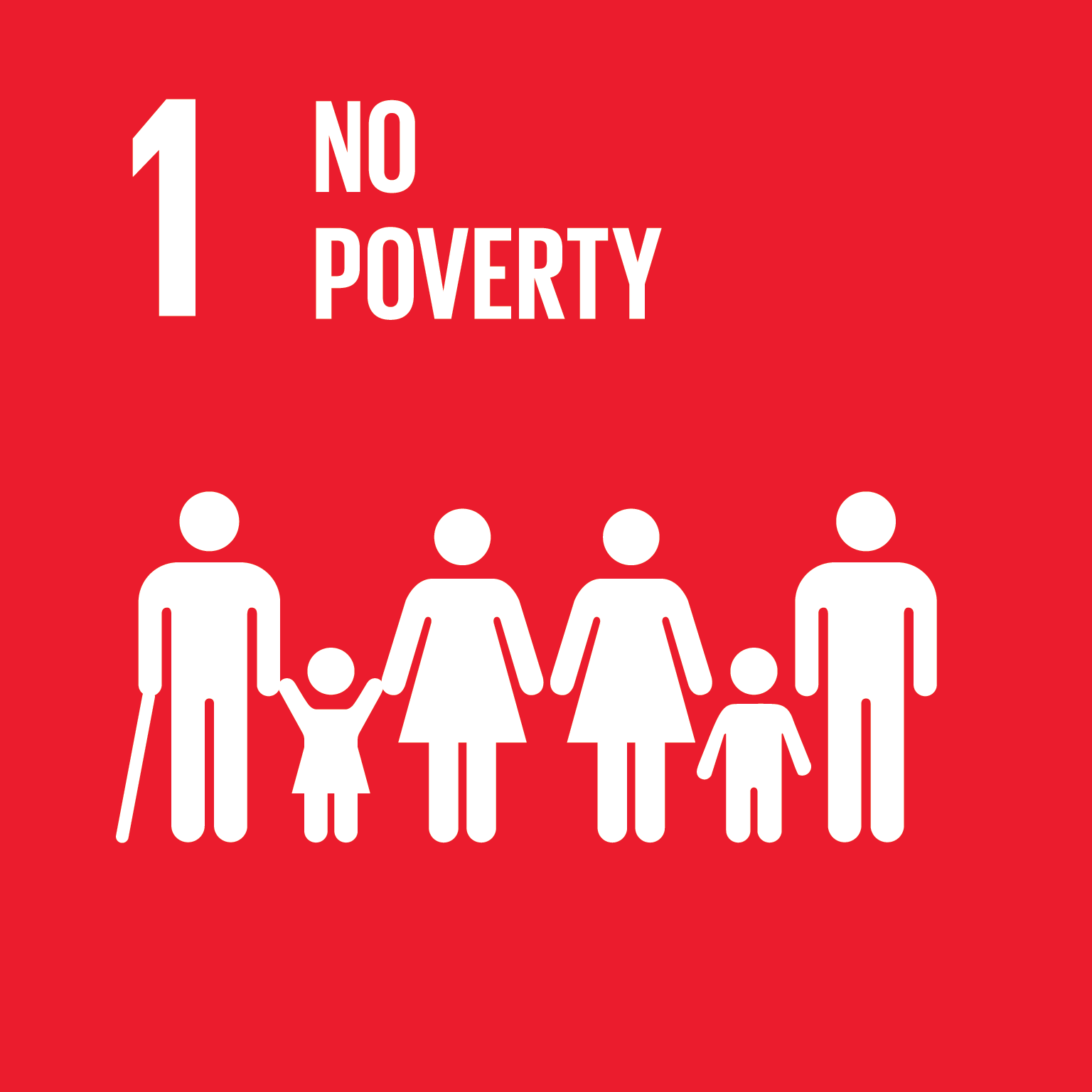Those living in poverty face abject and dehumanising conditions. With global extreme poverty having risen in 2020 for the first time in over 20 years, the task of eradicating poverty in every form continues to be one of the greatest challenges facing humanity. It is the cornerstone to achieving sustainable development. For SDG 1 to succeed, the full set of SDGs must be achieved. Eradicating poverty means that all people, without discrimination, can enjoy clean air, access clean water, do not go hungry, and can access healthcare and education.
During this final module, participants will build a greater awareness of how the law, and the work of lawyers, can support the SDG Agenda and, in particular, SDG 1. Experts from across the sector will join to share their experiences in working towards the achievement of No Poverty.
Empty space, drag to resize
Our introductory panel will host two senior lawyers in practice, who each will provide insights, on how through their practice and working on different areas, they have been able to contribute towards the achievement of the SDGs, and more specifically towards SDG 1 and the eradication of poverty.
Please come prepared with your questions.
Empty space, drag to resize
Stephen is a solicitor who was Head of Legal at Bristol for 14 years before working in Myanmar.
Empty space, drag to resize
As Managing Director at iProbono, Mariam leads the organisations programs and governance globally. A human rights lawyer with a focus on social justice in South Asia and the UK. She holds an LLM with distinction form the School of Oriental & African studies. Mariam is a Trustee at Reunite, International Centre for Child Abduction, and on the development committee of the Royal Drawing School.
Empty space, drag to resize
Empty space, drag to resize
Michael Woolcock is Lead Social Scientist in the World Bank’s Development Research Group, where he was worked since 1998. For sixteen of these years he has also been a (part-time) Lecturer in Public Policy at Harvard University’s Kennedy School of Government. His current research focuses on strategies for enhancing state capability for policy implementation, on using mixed methods to assess the effectiveness of ‘complex’ interventions, and the future of multilateralism and global development. In addition to more than 100 journal articles and book chapters, he is the co-author or co-editor of ten books, including Legal Pluralism and Development Policy: Scholars and Practitioners in Dialogue (edited, with Brian Tamanaha and Caroline Sage; Cambridge University Press 2012), Building State Capability: Evidence, Analysis, Action (with Matt Andrews and Lant Pritchett; Oxford University Press 2017) and, most recently, the World Bank’s biennial Poverty and Shared Prosperity Report 2020: Reversals of Fortune (with Samuel Freije-Rodriguez et al; World Bank 2020). He was also co-founder of the World Bank’s global ‘Justice for the Poor’ program, which operated in a dozen countries in Asia, Africa and the Pacific from 2002-2017. An Australian national, he completed his undergraduate studies at the University of Queensland, and has an MA and PhD in comparative-historical sociology from Brown University.
Empty space, drag to resize
This course will explain the links between debt and sustainable development, including the causes and impact of the debt crisis of the 1980s and 1990s, debt relief in the 2000s, and recent increases in debt payments, before and since the coronavirus crisis began. It will analyse solutions to prevent and resolve debt crises; transparent and accountable borrowing and lending, and debt restructurings. This will include the legal aspects of transparent and accountable lending and the enforcement and restructuring of debt contracts.
Empty space, drag to resize
Tim Jones is Head of Policy at Debt Justice (Formerly the Jubilee Debt Campaign), a UK charity working to end poverty caused by unjust debt through education, research and campaigning. He is a trained political economist, holding a first-class degree in Economics and Politics, and a masters with distinction in International Political Economy. Before joining Jubilee Debt Campaign in 2010, Tim worked for Global Justice Now for 8 years, campaigning on debt, trade agreements and climate change. His research on international debt has been widely cited in media including the Financial Times, Guardian and BBC.
Empty space, drag to resize
Insert detail
Empty space, drag to resize
Radhika Saxena is the Program Manager for South Asia at iProbono. She is a lawyer with 7 years of experience litigating and advocating for women's rights nationally and internationally. She earned an LL.M. degree with a focus on gender, sexuality, and women’s studies at the University of Pennsylvania Law School and pursued her law degree from the Faculty of Law, Delhi. She also holds a Bachelor of Arts degree in English Literature from the University of Delhi.
Bandana Upreti is a program officer at iProbono in Nepal where she works to secure economic and social rights. She is a lawyer by training, specialising in human rights. Bandana is also an experienced and published researcher. She has prepared and delivered training on various topics and has worked with national and international partners to organise various events. Bandana is particularly engaged in activism and advocacy on sexual and reproductive health rights and has filed a petition to decriminalise abortion before the Supreme Court of Nepal. She pursued her LL.M from Kathmandu School of Law and previously worked there as a Research Assistant, Legal Aid Attorney and Teaching Assistant.


